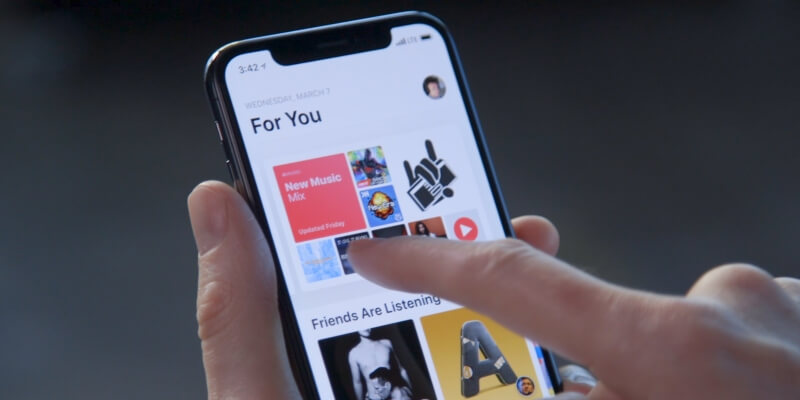The Music Industry In Modern Times


Will history’s verdict on the music industry blame heartless pirates for ‘stealing’ music and causing widespread unemployment among musicians? Or will the judgement be that a bloated sector became so accustomed to making, and spending, obscene amounts of money that it just forgot to keep an eye on trends?
The way things were
Though the history of commercially recorded music stretches back as far as the 1920s, the industry has always been affected by trends and fashions. And in the early days, record companies made money by not only keeping up with changing musical tastes but also by investing money in ‘breaking’ new artists. This allowed the music business to create new styles and new stars, thus making even more money.
The 90s: new music technologies change everything
Though by then the music industry was already starting to shrink, during the 1990s, the teacht of the facility to copy CD-quality music on home PCs was a significant moment. Even if still illegal, earlier attempts at music piracy on poor-quality home cassette machines were not a great problem – mainly because the equipment required was fairly expensive and the results were mostly unsatisfactory.
However, burning CDs using free software which was widely available suddenly became the best way to get hold of music for free. At that time, the Internet was still like the old Wild West – you could visit an online casino, listen to music, movies and other entertainment without any regulations at all. So you could just go to sites like “mp3.com” and download any Madonna song for nothing. Copyright law hadn’t really caught up with the Internet, so even though this method of ‘ripping’ tracks annoyed the music industry, they were largely powerless to prevent it happening on a large scale.
So began a long ‘cat and mouse’ sequence with music fans jumping from one site to another as the big record companies fought to keep their vast catalogues of recorded music out of the hands of pirate distributors. When sites like mp3.com became too hot, music fans jumped on to P2P software like Kazaa , DC++ and Limewire, and continued to download their music.
And when the industry started to push through even tighter legislation to prevent this move, fans began to use Torrent sites, until they too were largely closed down to avoid heavy fines. All the while, sales of recorded music were dwindling. But after torrents were shut down, instead of going back to purchasing music CD’s or buying mp3’s online, people turned to music streaming instead.
Music streaming as a compromise solution
As music moved into the 21st century, most new devices and emerging technologies (e.g. Bluetooth) seemed to be designed to facilitate some kind of sharing. But once music companies woke up to the fact that piracy at least proved music fans still wanted to listen to music, but were hacked off about the heavy costs, they began to seriously develop music streaming facilities as a compromise solution.

Streaming technology allows consumers to purchase music cheaply in smaller amounts. So instead of having to buy an entire album, you could just buy your one or two favourite tracks. Streaming services like Spotify were legally able to stream free music (with some conditions, such as including adverts). They also offered comparatively cheap subscription services for keen music fans to gain access to vast amounts of recorded music on demand. Even though some music artists would still have nothing to do with streaming and banned Spotify from featuring their music, most in the industry realised it was better to gain some income from their music than to earn nothing at all – an attitude which has taken the industry back from piracy to profit.
Musicians adapt to survive
In general, musicians and the wider music and recording industry have adopted one of two strategies to survive in this new environment. Some of the older, well-established artists took a principled stand, effectively saying ‘piracy is legally and morally wrong, so we will only work alongside sources that pay us’. But younger musicians without a reputation, plus all other recording artists, began to take a wider view of their careers.
Now that it’s harder for both artists and companies to survive on virtual music sales alone, many believe the smart approach is to accept that the money is not only in the CD, mp3 or streaming service but also in the show. So tours, concerts and merchandising now account for a greater part of the revenue than has been the case for many years. As a result, lots of artists see recorded tracks primarily as a means of raising their profile and building their fan base. That, in turn, means that live shows are better attended, which brings in those important revenues.
Some, like SoundCloud rappers, for example, have turned the traditional model entirely upside down: They have managed to break big in the music business by releasing their music for free online and forsaking the traditional route.
This story is surely more about learning to adapt and move with the times than it is about law-breaking. So the big music corporations must get the message, and soon. After all, there’s a reason why dinosaurs no longer walk the earth!
Cóid Bónais Casino ar Líne Pota Óir na Cathrach >>

Foinse: Pota Óir casino.com
